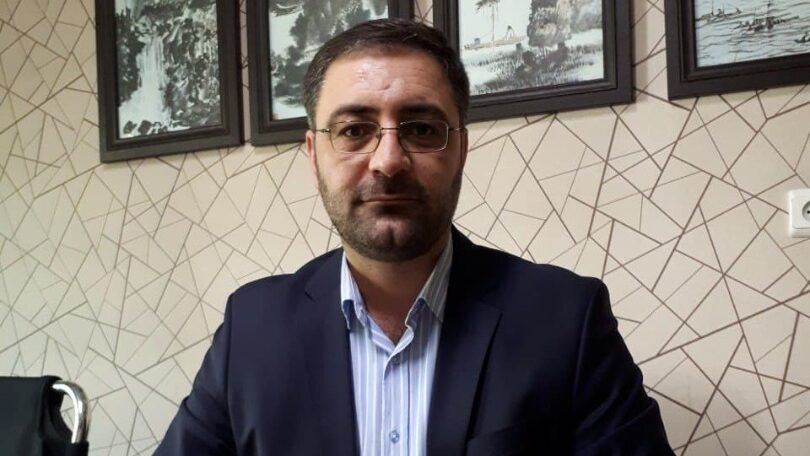BY: Mohammad Ghaderi

PEJOURNAL – A review of the competence and plans of the proposed ministers of Iranian President Sayyid Ebrahim Raisi began on Saturday, August 21, 2021 in the Iranian Parliament (Islamic Consultative Assembly).
Given Iran’s current situation in the regional and international arena, undoubtedly one of the most important government positions is the post of The Ministry of Foreign Affairs, which many experts and foreign countries are also looking forward to appointing its minister.
The world, especially Western countries, is waiting for the specific policy of the Raisi government to be unveiled in light of the cessation of nuclear negotiations in Vienna and the necessity of determining the JCPOA assignment.
Although general strategies in the field of foreign policy in Iran are determined by upstream institutions, especially the Supreme National Security Council, and ministers are the sole implementers of these strategies and policies, the minister’s view of this position is certainly effective in how these policies are implemented.
Hossein Amir-Abdollahian, Special Assistant to the Speaker for International Affairs and former Deputy Foreign Minister for Arab-African Affairs, is the nominee of Sayyid Ebrahim Raisi to head the diplomatic corps of the 13th Government of the Islamic Republic of Iran.
One of the most important characteristics of Amir-Abdollahian is his presence in the Ministry of Foreign Affairs for many years, which has left him with the image of a professional diplomat. He has been promoted to deputy minister from undergraduate levels and has been selected as a ministerial candidate today.
Therefore, he is well acquainted with the structure, context and thinking of the Ministry of Foreign Affairs, and during the last five and a half years, when he worked sincerely in the Iranian Parliament (Islamic Consultative Assembly) as an advisor and assistant to two speakers, he was involved in all legislative processes. And a significant number of parliamentarians from different countries and influential personalities in the field of foreign policy of several countries from five continents are fully acquainted.
Accordingly, considering these characteristics, Amir-Abdollahian during his tenure in the Ministry of Foreign Affairs can use these relations and his knowledge of the influence of parliaments on the foreign policy of different countries to contribute to the deepening of foreign policy in the Islamic Republic.
Amir-Abdollahian, on the other hand, has practical experience in Iran’s foreign relations with neighboring and Muslim countries, which has been considered as one of Mr. Raisi’s foreign policy priorities and is fully familiar with many officials in the field of foreign policy of the mentioned countries and can have very good relations in order to deepen and expand relations with them.
Among his personal characteristics, in addition to being a professional in the field of diplomacy, we can mention his logical approach to various issues, which can certainly advance the affairs of the foreign policy apparatus and help transfer the sovereignty of rationality to this area.
Amir-Abdollahian has worked closely with martyred General Soleimani in the region for many years, demonstrating that his approach in this area is completely in line with the approaches of the IRGC Quds Force martyr commander, and this has become a strong point for him among the public opinion supporting the Resistance.
On the other hand, as Sayyid Ebrahim Raisi’s foreign policy manifesto shows, the new government in Iran wants to expand engagement with the world in all areas, not just Western countries, and even in existing cases such as nuclear talks, based on the continuation of negotiations, of course, with a new approach.
Some reports from Iranian domestic circles suggest that the negotiation process is likely to be pursued by the same negotiating team as before, with changes in Iran, indicating that the new government insists on the Iranians’ right to the nuclear issue.
It seems that, contrary to the tower of analysis by Western experts, Hossein Amir-Abdollahian is a very good option for the Islamic Republic to advance this strategy in a positive interaction with the world.